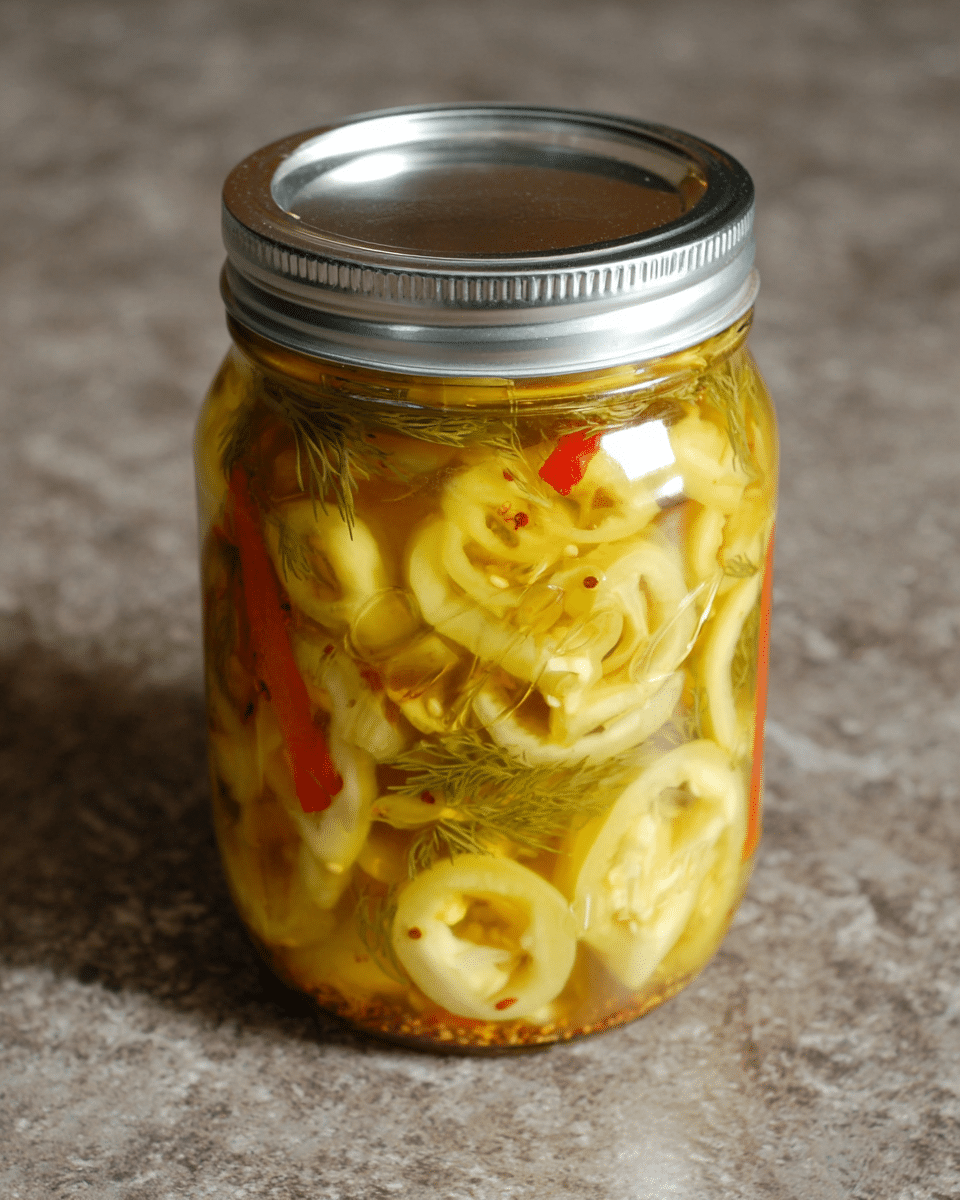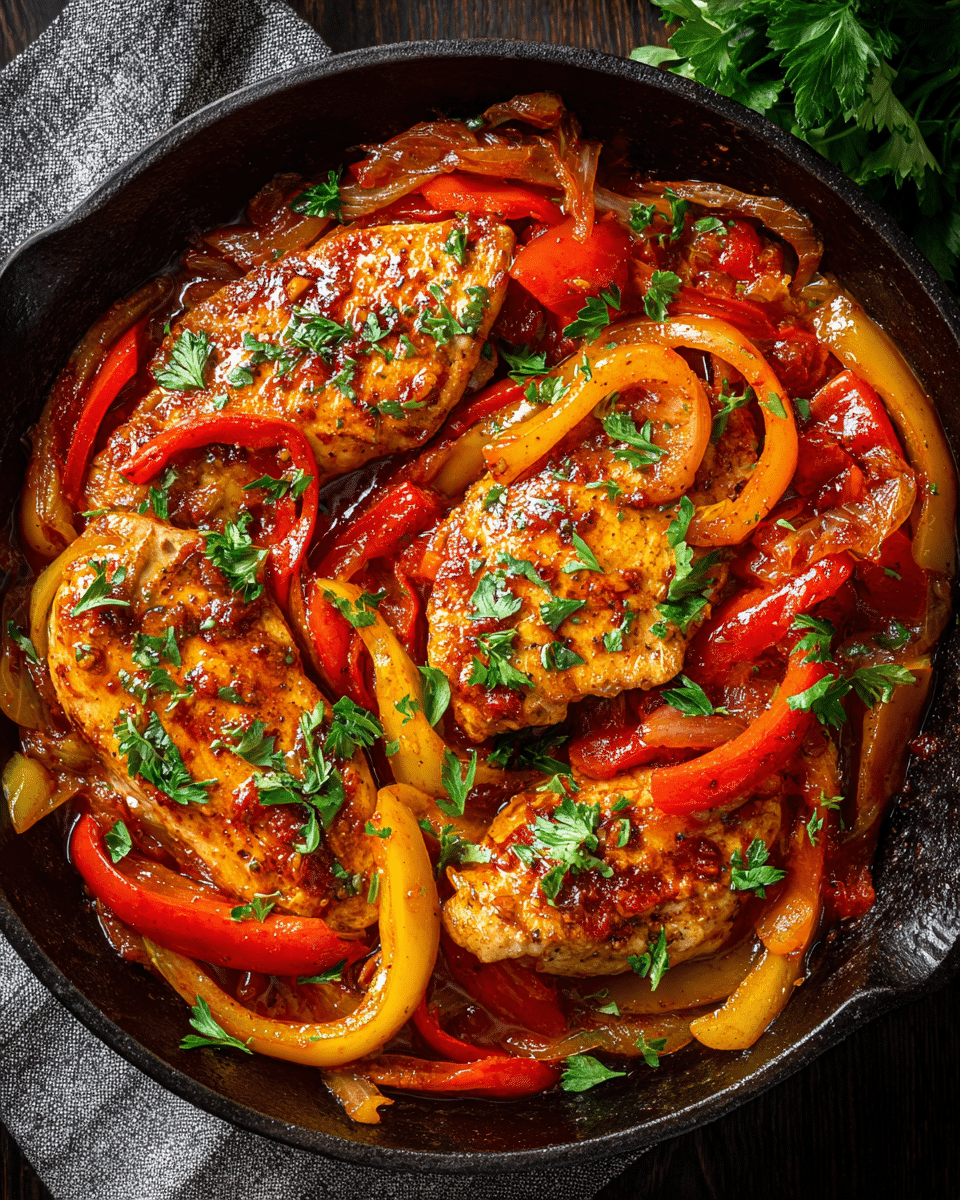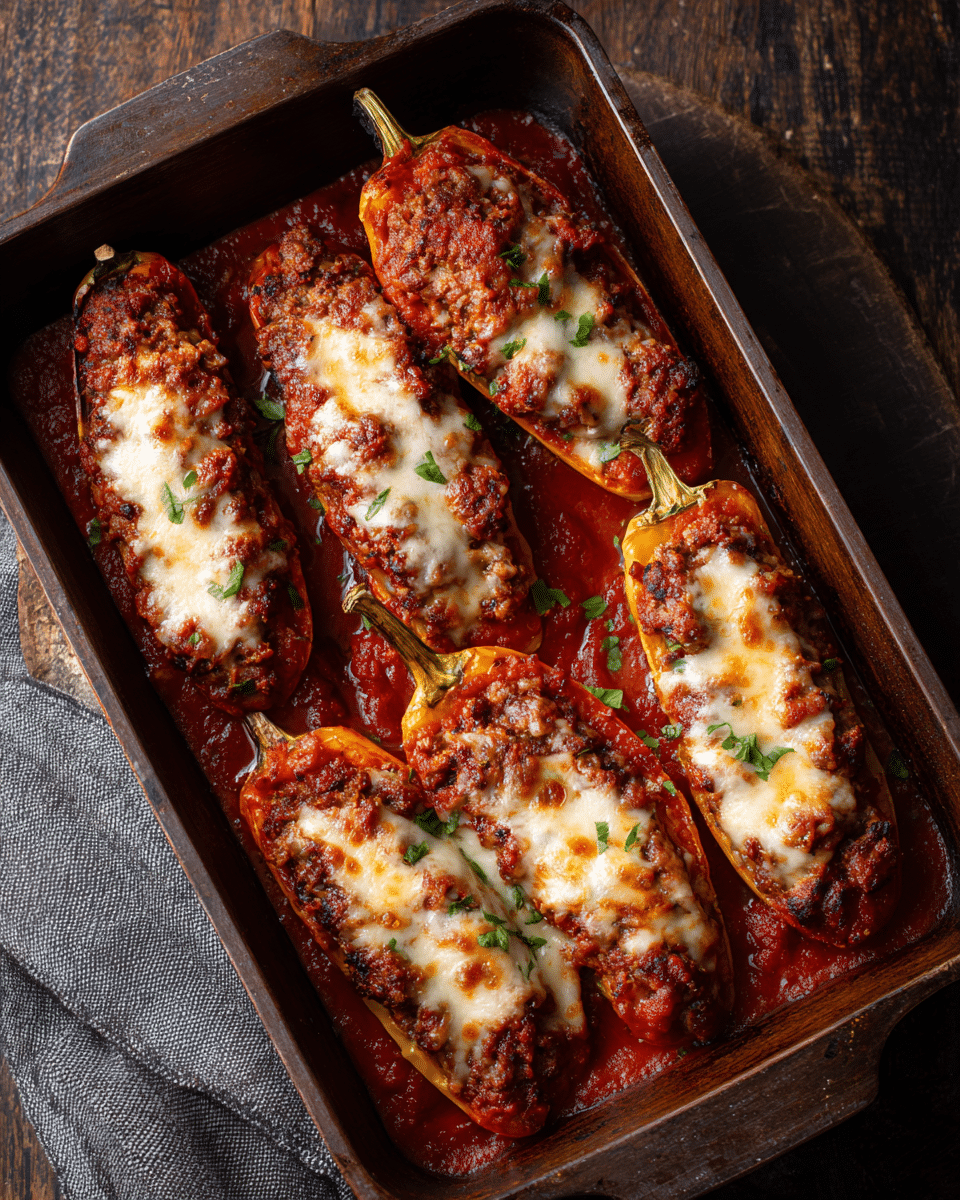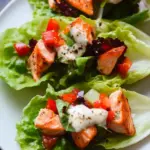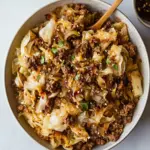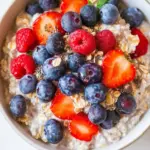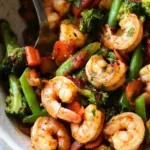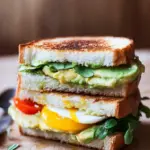These Pickled Banana Peppers are the perfect way to add a punch of tangy, spicy flavor to sandwiches, salads, or as a simple crunchy snack. Made with fresh banana peppers and a bold vinegar-based brine, this easy homemade recipe is a staple for preserving the peak-season pepper goodness with a zesty twist.
FULL RECIPE
Ingredients
- 1 pound fresh banana peppers, sliced into rings
- 2 cups white vinegar
- 1 cup water
- 2 tablespoons sugar
- 1 tablespoon salt
- 4 cloves garlic, smashed
- 1 teaspoon mustard seeds
- 1 teaspoon whole black peppercorns
- ½ teaspoon crushed red pepper flakes (optional, for heat)
- Fresh dill sprigs (optional)
Directions
- Wash banana peppers and slice into ¼-inch rings. Remove seeds if desired.
- In a saucepan, combine vinegar, water, sugar, and salt. Heat over medium until sugar and salt dissolve. Remove from heat.
- Divide the garlic, mustard seeds, peppercorns, and crushed red pepper flakes between sterilized glass jars.
- Pack sliced banana peppers tightly into jars, adding fresh dill if using.
- Pour the hot brine over the peppers, covering them completely.
- Tap jars gently to remove air bubbles and seal with lids.
- Let cool at room temperature, then refrigerate for at least 24 hours before serving for best flavor.
- Store in the refrigerator for up to 2 months.
Nutritional Information
- Calories: 20
- Total Fat: 0g
- Saturated Fat: 0g
- Trans Fat: 0g
- Cholesterol: 0mg
- Sodium: 350mg
- Total Carbohydrates: 4g
- Dietary Fiber: 1g
- Sugars: 2g
- Protein: 0g
- Vitamin A: 6% DV
- Vitamin C: 35% DV
- Calcium: 2% DV
- Iron: 2% DV
Health Benefits of Pickled Banana Peppers
Pickled banana peppers are not only flavorful but also offer several health benefits. The pickling process preserves the peppers while maintaining their vitamins, such as vitamin C and A, which support immune function and skin health. Additionally, the vinegar used in pickling can aid digestion and help regulate blood sugar levels. Eating pickled vegetables regularly may also promote gut health due to the probiotics developed in fermented varieties, although vinegar-pickled peppers have less probiotic content compared to fermented ones.
Versatility in Culinary Uses
Pickled banana peppers add a zesty, tangy crunch that enhances many dishes. They can be used as a topping on sandwiches, burgers, and pizzas, stirred into salads for extra flavor, or served alongside charcuterie boards and appetizers. Their bright acidity balances rich or creamy foods, making them a perfect complement to cheese, meats, and dips. They are also excellent as a snack on their own for anyone who enjoys a little heat and tang.
Cultural and Regional Popularity
Pickled banana peppers have a notable place in Mediterranean, Italian-American, and Eastern European cuisines, where pickling vegetables is a common preservation method. These peppers are often found in delis and pizzerias as a standard condiment. Their zesty flavor profile is appreciated worldwide, and homemade versions allow people to customize heat and seasoning to regional tastes or personal preference.
The Science Behind Pickling
Pickling is a preservation technique that uses acid (usually vinegar) or fermentation to inhibit bacterial growth. The acidic environment created by vinegar prevents spoilage and harmful bacteria from developing, extending shelf life without refrigeration until opened. This method also transforms the texture of the peppers, softening them slightly while maintaining a satisfying crunch, and enhances their flavor by allowing spices and garlic to infuse over time.
How to Customize Your Pickled Banana Peppers
One of the best parts about making pickled banana peppers at home is the ability to customize the flavor. You can adjust the heat level by adding more or fewer crushed red pepper flakes or including other spices like coriander seeds, bay leaves, or fresh herbs such as thyme. Sweetness can be balanced by varying sugar amounts, and experimenting with different types of vinegar (apple cider, red wine, or malt) can offer unique flavor profiles.
Storage Tips and Shelf Life
Proper storage is essential to maintain the quality and safety of pickled banana peppers. Once sealed in sterilized jars and refrigerated, these pickles typically last for up to two months. It’s best to use clean utensils to avoid contamination and keep the peppers fully submerged in brine to prevent spoilage. For longer storage, pressure canning can be used, allowing shelf-stable jars that last for up to a year.
Nutritional Impact Compared to Fresh Peppers
Pickling slightly alters the nutritional content of banana peppers. While vitamin C content can decrease due to heat and time, minerals like potassium and calcium remain intact. The addition of salt and sugar in the brine adds sodium and carbohydrates, so those monitoring their intake should consume pickled peppers in moderation. Nevertheless, pickled peppers remain a low-calorie, flavorful addition to meals.
Role in Weight Management and Diet
Pickled banana peppers are a low-calorie snack with minimal fat and protein but plenty of flavor, which can help curb cravings for unhealthy snacks. The vinegar in the brine may support weight management by promoting satiety and improving digestion. Additionally, their vibrant taste helps enhance meals without adding excessive calories, making them suitable for various diets including keto, paleo, and low-carb.
Potential Allergies and Sensitivities
While banana peppers are generally safe for most people, those with sensitivities to nightshades or vinegar should exercise caution. The spices used in pickling, such as mustard seeds or garlic, may also cause allergic reactions in sensitive individuals. It’s advisable to check ingredient lists carefully and start with small servings to monitor any adverse effects.
Environmental Impact and Sustainability
Pickling is an excellent way to reduce food waste by preserving excess peppers that might otherwise spoil. Making homemade pickled banana peppers encourages using locally grown produce, reducing the carbon footprint associated with transport. Moreover, reusing glass jars for storage is eco-friendly, helping to minimize single-use plastic waste commonly found in store-bought pickles.
Economic Benefits of Making Pickled Banana Peppers at Home
Creating your own pickled banana peppers can be cost-effective compared to purchasing pre-made jars. Bulk buying fresh peppers during peak season and preserving them extends their usability, providing a flavorful condiment throughout the year. This DIY approach also allows control over ingredients, reducing the use of preservatives and additives found in commercial products.
Incorporating Pickled Banana Peppers into Meal Prep
For those who like to plan meals in advance, pickled banana peppers are a great addition to meal prep routines. They store well in the refrigerator and can quickly elevate the flavor of prepared dishes. Whether mixed into grain bowls, layered in wraps, or added to protein plates, they bring zest and texture without extra cooking, saving time during busy weekdays.
Conclusion
Pickled banana peppers are a delicious, nutritious, and versatile food that enhances meals with their bright flavor and satisfying crunch. Their easy preparation, long shelf life, and health benefits make them a popular choice for home cooks and food lovers. Whether enjoyed as a snack, condiment, or ingredient, they bring zest and vibrancy to a variety of culinary applications while supporting sustainable and cost-effective eating habits.

